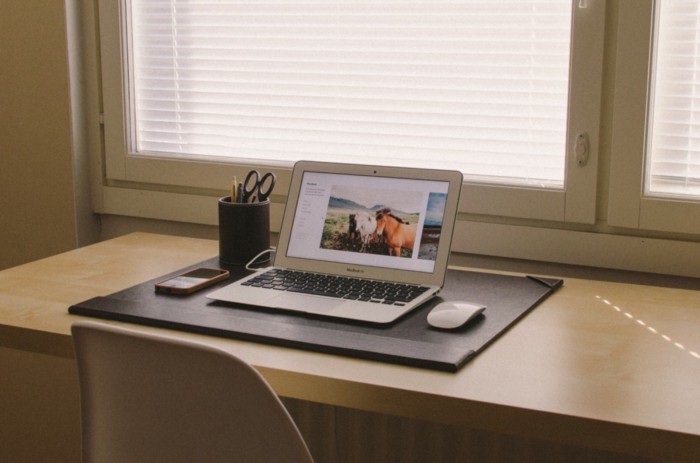
Be on alert for money leaving the work spaces. With our current knowledge about what humans need to be well and fulfill their potential, we need to invest into our space more than ever.
Millions of people have now experienced what it means to work from home for more than an afternoon. Not only from the position of an employee, but also that of a manager. People who couldn’t have imagined before that their workers will click away in their living rooms are now forced to rethink this mindset.
With this comes a realization that this is probably not a onetime event. COVID-19 has brought us a long needed, although a clunky push towards new ways of working.
You have probably read paragraphs like this a thousand times already. What I want to talk about though, is how we should imagine the world beyond this situation. Beyond the global pandemic, beyond the economic crisis.
If companies realize that, let’s say, 50% of their employees are happy to work remotely, they will immediately see this as an opportunity for savings. Renting 50% less office space, could be one way. Why waste so much space?
The office needs investment, not saving.
What we need to realize though, is that even after its 200-year history, an office is still a place of struggle for many people. An office is an under-invested or at least mis-invested area of business.
Even in 2020 we can see a considerable amount of people struggling to focus, being mentally exhausted, lacking privacy, breathing bad air, working in darkness and spending their days in sterile, white-gray environments which make their brains scream “run away!”
What worries me is the prospect of a near future, where companies see the current situation as an opportunity to say that, since the office is not that important anymore, they will just cut the related spending and pocket the change.
On the other hand, I see this as a perfect opportunity to think about what and who the office is really for.
The three groups of people.
- First, there are people who would like to work from home, but they don’t have the right equipment. Working on your laptop and sitting on a hard wooden chair in the kitchen is a health-destroying and uncomfortable way of working. These people will require financial help and consulting in remaking their space to suit their work.
- Second, there are people who might have the right physical conditions but need to work in the office at least sometimes because of their family, motivation levels or the risk of loneliness. For those people, we have still have to make the office a perfect place for deep-focus (think hot-desking, but in individual closed offices near the window), collaboration (long-term bookable project rooms) or socializing
- Third, there are those who have no interest in working from home or the nature of their work requires them to spend a lot of physical time with their colleagues. For them, a great human focused office with a fully customized team space is needed, along with other features making it a good place to spend every working day.
And with the current state of an average office, even the third group requires an investment to provide them with good conditions to maintain their well-being and support their work. An office today, oftentimes, is not a good office. But it has the opportunity to become one.

Human-centered mindset will never die.
So, before we start thinking about how to use the current remote work shift for savings, let’s remind ourselves that our working environment, whether the office or our home, requires a human-centered change of mindset and further investments more than anything. Savings might increase the quarterly profit for shareholders, but they will not make our lives or results of our work better.
After all, these are the places where we spend most of our lives. And they affect us greatly. They make us healthy or sick, stressed or relaxed and contribute to fulfilling our potentials.
Don’t allow remote work to become a one-way saving measure. Reinvest into people and the spaces they work in.
